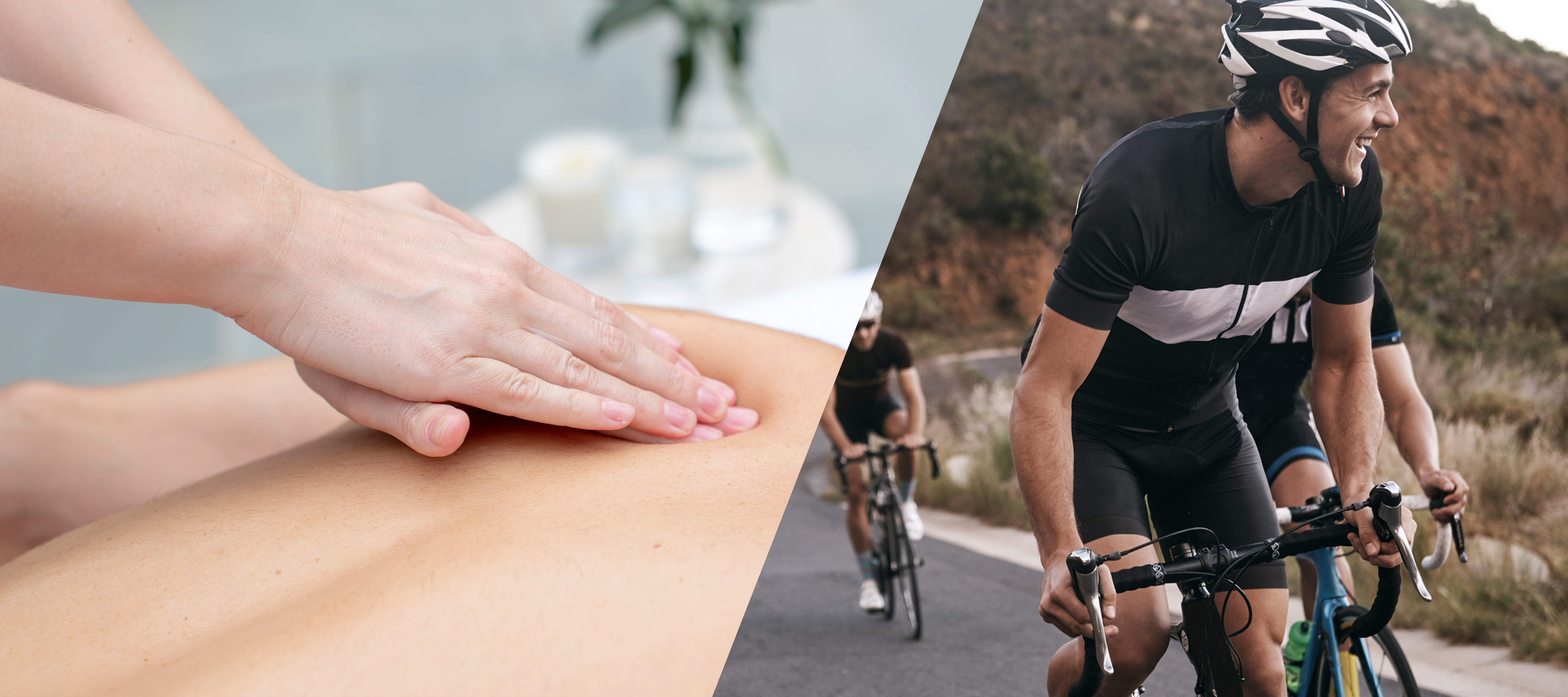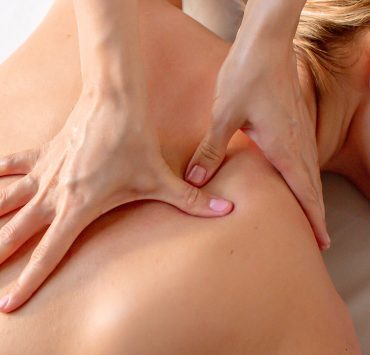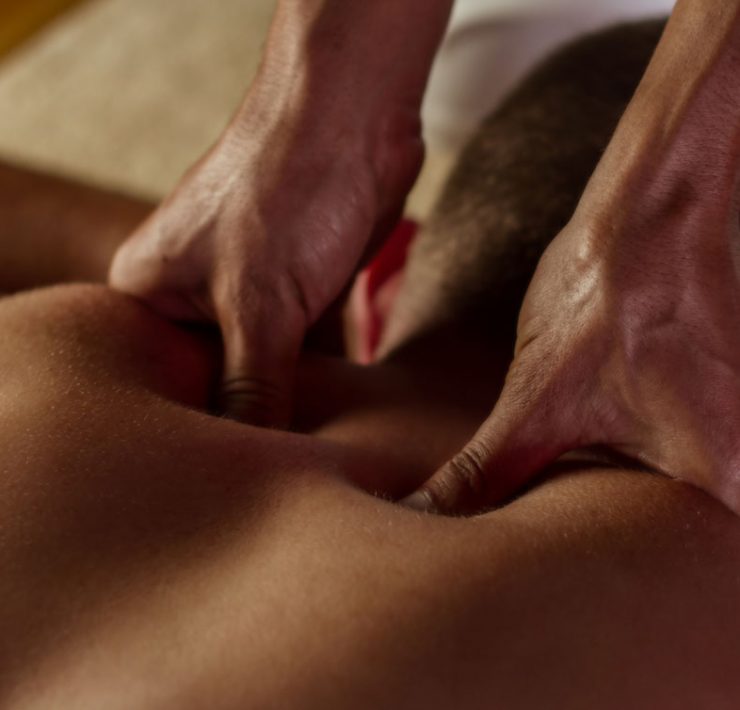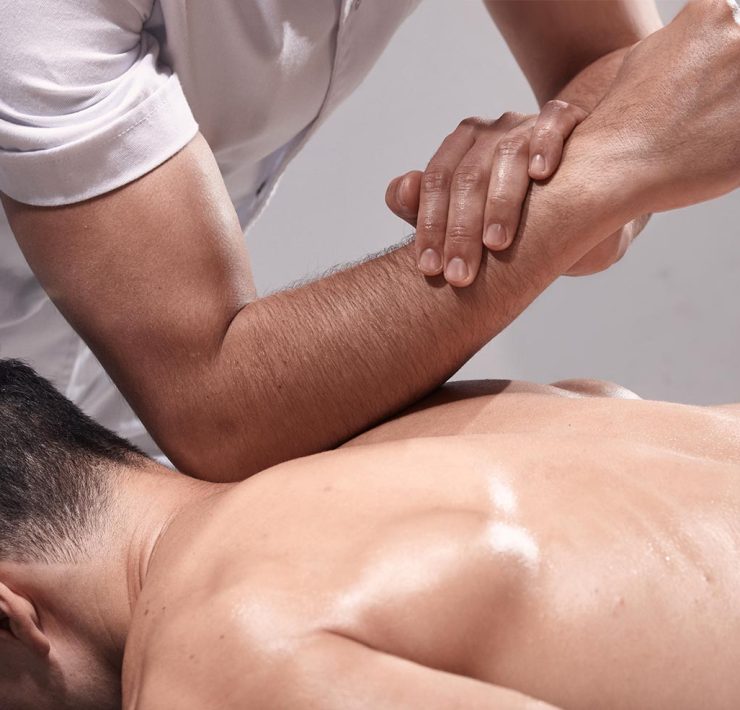So you’ve got some sore muscles, knots, or tightness, and you want to get a massage. But how do you know which type to get? Even for a massage enthusiast, selecting a treatment can be overwhelming: Swedish, deep tissue, sleep, sports massage… Add to that the fact that not every practitioner uses the same terminology, especially if you’re traveling internationally. When all you really want is for your achy areas to feel less achy, where do you begin?
Even if you know you have tight muscles and like firm pressure, many of types of massage work to alleviate the same ailments, but in different ways. Take, for example, the “sports massage”: while the name might imply it is only meant for marathon runners, and it is certainly beneficial for professional athletes in the prevention and treatment of injury, sports massage is recommended for anyone who wants to increase flexibility and mobility while decreasing muscle tension.
We sat down with master massage therapist Lisa Veyka (who also happens to be a competitive athlete) to get a better of what to expect from a sports massage and whether it’s the muscle-saving treatment you’ve been looking for.
What does it entail?
Here at Zeel, we treat sports massage as a healing technique that combines deep tissue and assisted stretching. “Sports massage begins with a great intake from your massage therapist,” explains Veyka. “The treatment will vary based on your needs, activity level, the sport in question, (if there is one), and the level of athletic intensity.” So ultimately the treatment is a different experience for each individual. “A Sunday golfer will need very different work than a professional marathon runner,” adds Veyka.
How does it differ from a deep tissue massage?
“While deep tissue and sports massage will both address your specific needs in a relatively intense way, sports massage will include a good deal of stretching,” Veyka says. “Pre-event sports massage will focus on increased range-of-motion, while post-event treatment will address inflammation by ‘milking’ the muscles to flush built-up [lactic] acids.”
Why should someone with sore muscles choose a sports massage versus a deep tissue massage?
“If you are looking for stretching, injury reduction, or post-event work, a sports massage is a great option,” explains Veyka. “If you’re looking for more intensity and targeted work than a traditional Swedish massage, and still enjoy gliding strokes without the stretching, deep tissue is likely a better choice.”
Should you get one if you have an injury?
“Sports massage is an invaluable tool for pre-event prep and post-event recovery—lessening down time, speeding-up recovery, and reducing inflammation and pain,” advises Veyka. “That said, injuries are absolutely a concern. It’s important that you communicate fully with the therapist, in order to prevent further injury or re-injury to an area.”
To learn more about the different techniques used in sports massage, and to book your in-home treatment, click here.
Lauren Bernstein is a writer, editor and brand expert with 13 years of experience covering fashion, beauty, travel, and lifestyle. The first 10 years of her career were spent working in the fashion and beauty departments of Harper's Bazaar, Glamour and Hamptons magazines. Her work has also appeared in Town & Country, Bloomberg Businessweek, Departures and other titles. In the past three years, Bernstein has shifted her focus to product-driven content serving as the Vice President, Editorial Content at Macy’s, and before that, as Senior Editor of Branded Content for HarpersBazaar.com and MarieClaire.com. Learn more about Lauren at laurenabernstein.com and on LinkedIn.







